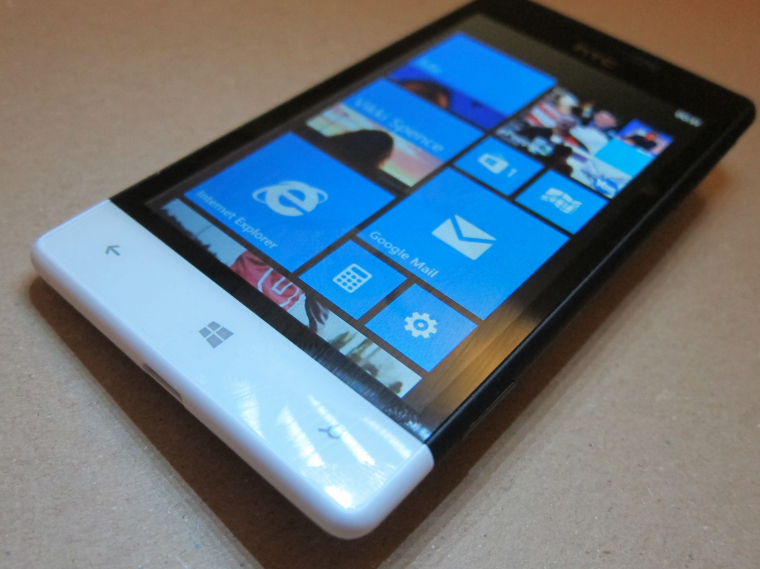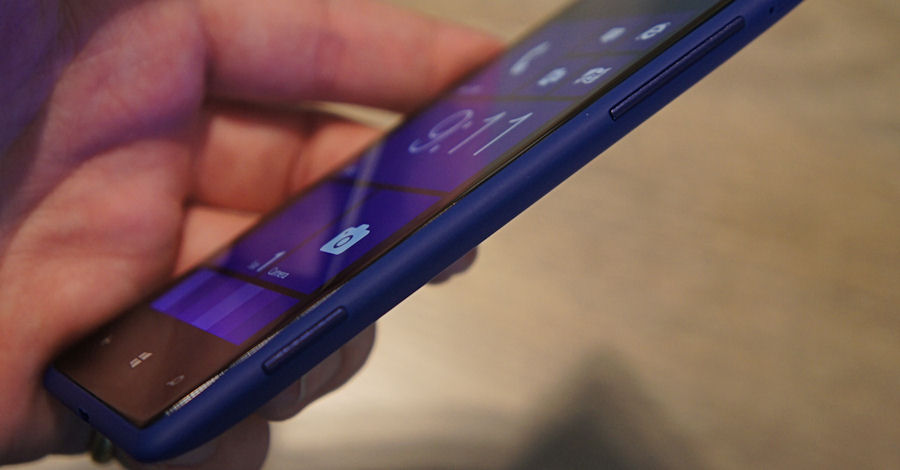Let's talk a little bit about the idea of herd immunity. This is the principle that if a certain amount of the population has had their shots against a specific disease, then those who have not received the vaccine will still benefit from the herd being immune. Part of the immunisation strategy in the UK is to keep the percentage in the herd immunity zone, because getting 100% coverage is very, very improbable.
In the world of smartphones, there is a similar situation. At a platform level, there is a certain percentage of marketshare that will allow the platform to remain established. Network providers will range the platform without needing significant inducements and preferential pricing; users won't feel awkward using one of the handsets in social circumstances; developers will be happy to work with the platform, confident that there will be enough of an audience to support it; and while no platform can ever rest on its laurels and be guaranteed to be around forever, if there is a solid foundation and 'herd market share' then the focus on marketing, research, development, and community support can be biased to provide more medium/long term support.

With the best will in the world, Windows Phone is not there yet. Questions remain about the volume of handsets that manufacturing partners can sell, developers are still gun shy about coding for the platform (see Instagram and Digg's reaction as two cases in point), and there are very few start-ups that are targeting Windows Phone as their primary platform.
The simple solution to this issue is volume and haul up the market share percentage.
But there's another related 'herd' issue that I want to point out, and that's with one manufacturer... HTC. With both Android and Windows Phone handsets available, HTC have around 20% of each respective market, and for Q1 2013 had 9% of the overall smartphone market share (Comscore).
That's not enough to be self-sustaining. HTC are not 'in the herd' for any of the major platforms. They're close, but the last year has seen them fall further behind Samsung, and they must be acutely aware of Sony's current drive to establish the Xperia brand. The Japanese company is following Nokia's model of establishing a key property (in this case the Xperia Z) and creating variants and lower specced models across the full portfolio.

HTC's last significant piece of Windows Phone news was back in November 2012, with the street availability of the HTC 8S Windows Phone. Since then, nothing. Perhaps it's a chicken and egg situation, but the hope that HTC would keep Nokia 'honest' in the Windows Phone ecosystem has not born fruit.
Gathering around 20% of the Windows Phone sales is not enough to keep the momentum up for HTC, and without that momentum it's hard to believe that HTC actually has a strategic plan for Windows Phone. The current feeling is that a new HTC Windows Phone handset is going to be announced during Q3, and the form factor is going to be 'similar' to HTC's high-end Android smartphone, the HTC One.
Much as I like the styling of the One, shoe-horning one OS into the flagship of another OS is not going to create confidence. Without confidence, there are no sales. With no sales, there's no stability for HTC inside the OS ecosystem, and that lack of stability also effects the ecosystem as a whole.
As I illustrated last week, Samsung has done something about this. Not only have they made a decision (to focus on their Galaxy brand and their Android distributions, sadly for Windows Phone), but at least everyone understands what the plan is. There's a confidence in Samsung's plans.
HTC does not have that at the moment. Handset releases are sporadic and with little apparent thought on a long term strategy. Compare that with Nokia, which has always been clear about taking Windows Phone to every price point in the portfolio, and which illustrated a commitment to Windows Phone.
Beyond 'hey, it's been a few quarters, we should release a phone, what's on the shelf we can MacGyver', HTC's strategy is hard to define. In neither Windows Phone or Android does the company have the safety of the herd immunity of the OS.
I want to clearly see from HTC what's happening next. I want to have the confidence in it to support not just a single device, but the first device in a coherent wave of devices. I want to see a joined up strategy and a company that knows where it wants to go, on which platform, and what it does better than the rest.

